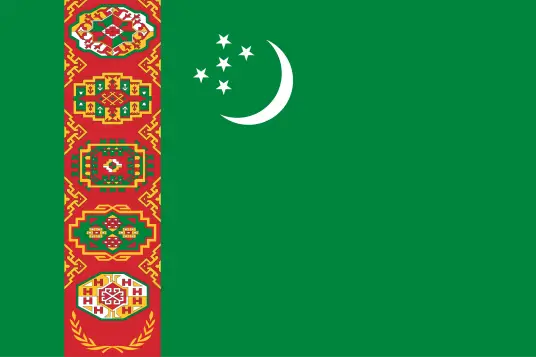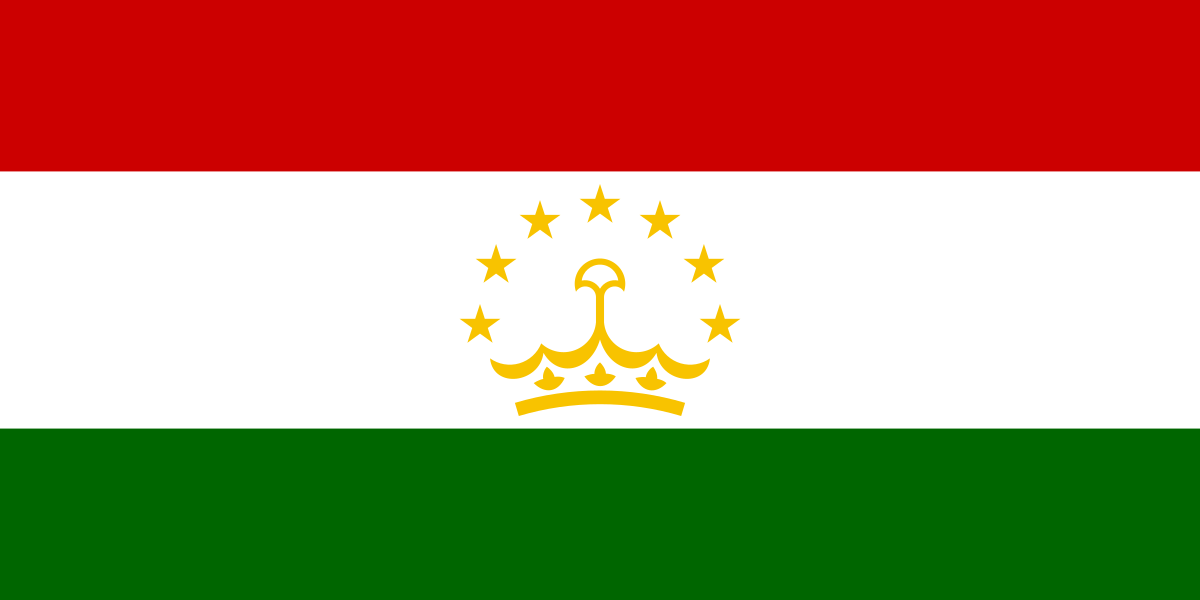The Asia-Pacific Commerce and Industry Confederation (APCIC) is pleased to present this guide to Uzbekistan, a rapidly growing economy in Central Asia with significant potential in agriculture, natural resources, and infrastructure. This report provides insights into Uzbekistan’s economic landscape, key industries, trade policies, taxation framework, and strategic recommendations for APCIC members exploring opportunities in this dynamic and resource-rich market.
1. Wirtschaftlicher Überblick
Uzbekistan, with a GDP of approximately $95 billion in 2023, is Central Asia’s most populous country and a key player in regional trade. Known for its recent economic reforms and strategic location, Uzbekistan is attracting significant foreign investment.
Wichtige Wirtschaftsindikatoren:
- BIP-Wachstum: Estimated at 5.6% in 2023, driven by agriculture, manufacturing, and infrastructure development.
- Bevölkerung: Approximately 36 million, with a young and growing labor force.
- Inflationsrate: Stabilized at 9.5% in 2023, reflecting ongoing fiscal and monetary reforms.
2. Schlüsselindustrien
Uzbekistan’s economy is diversified, with strengths in agriculture, mining, and energy, alongside emerging sectors:
- Landwirtschaft und Agrarnahrungsmittel: A leading producer of cotton, fruits, and vegetables, with increasing focus on organic and processed food exports.
- Mining and Resources: Rich in gold, uranium, copper, and rare earths, Uzbekistan is a global player in mineral production.
- Energie: A major natural gas producer with significant investments in renewable energy, particularly solar and wind power.
- Textiles and Apparel: Uzbekistan is a major exporter of cotton and is diversifying into value-added textile and apparel production.
- Tourismus: Historical cities like Samarkand and Bukhara, part of the Silk Road, attract cultural and heritage tourism.
- Entwicklung der Infrastruktur: Investments in transport and logistics under the Belt and Road Initiative (BRI) enhance connectivity and trade.
3. Handelspolitische Maßnahmen
Uzbekistan’s trade policies focus on regional cooperation and export diversification:
- Belt and Road Initiative (BRI): Collaboration with China enhances infrastructure and trade connectivity.
- Exportorientierte Wirtschaft: Key exports include minerals, natural gas, cotton, and textiles, with efforts to expand into high-value products.
- Regional Trade Integration: Strengthened ties with Central Asia, Russia, and China facilitate trade expansion.
4. Steuerlicher Rahmen
Uzbekistan’s tax system has been restructured to attract foreign investment:
- Körperschaftssteuer: Reduced to 15%, with lower rates and exemptions for priority sectors.
- Mehrwertsteuer (VAT): Standard rate of 12%, applicable to most goods and services.
- Persönliche Einkommensteuer: Flat rate of 12%, promoting simplicity and competitiveness.
- Investitionsanreize: Tax holidays, customs exemptions, and subsidies are available for investments in renewable energy, agriculture, and industrial development.
5. Investitionsklima
Uzbekistan offers a favorable environment for trade and investment, supported by its strategic location and resource wealth:
- Strategischer Standort: Situated at the heart of Central Asia, Uzbekistan serves as a vital transit hub for regional and global trade.
- Natural Resource Wealth: Abundant reserves of minerals and energy provide opportunities for industrial development.
- Qualifizierte Arbeitskräfte: A young, educated, and cost-competitive labor force supports industries like manufacturing and textiles.
- Infrastructure Growth: Investments in roads, railways, and logistics hubs under the BRI enhance connectivity and business efficiency.
- Policy Support: Government reforms prioritize FDI in key sectors like energy, agriculture, and mining.
6. Strategische Empfehlungen
For APCIC members considering investments or trade in Uzbekistan:
- Invest in Mining and Resources: Leverage Uzbekistan’s rich reserves of gold, copper, and rare earths for exploration and processing.
- Expand in Agriculture and Agri-Food: Collaborate with local producers to develop organic and processed food exports for global markets.
- Tap into Renewable Energy: Explore solar, wind, and hydropower projects aligned with Uzbekistan’s sustainability goals.
- Develop Value-Added Textiles: Partner with Uzbek firms to produce and export high-quality textiles and apparel.
- Leverage Tourism Growth: Invest in cultural and eco-tourism infrastructure in key destinations like Samarkand and Bukhara.
- Engage in Infrastructure Development: Participate in transport, logistics, and urban development projects under the BRI framework.
Fazit
Uzbekistan’s resource wealth, growing infrastructure, and economic reforms make it a promising destination for trade and investment. APCIC members are encouraged to use this guide to navigate opportunities in Uzbekistan and establish a strong presence in this dynamic and emerging market.




